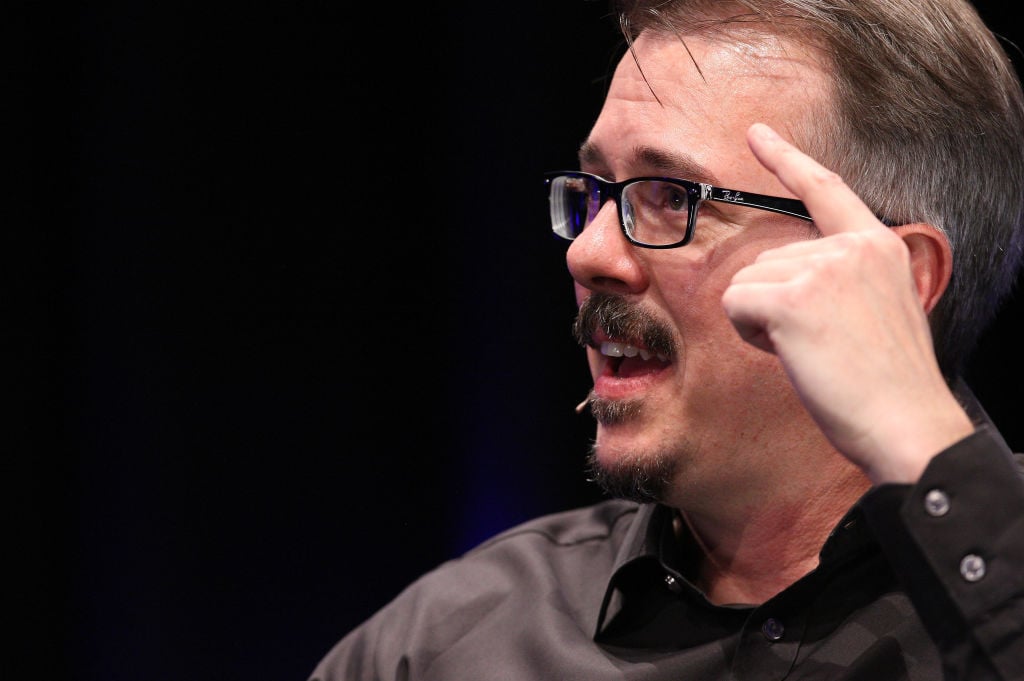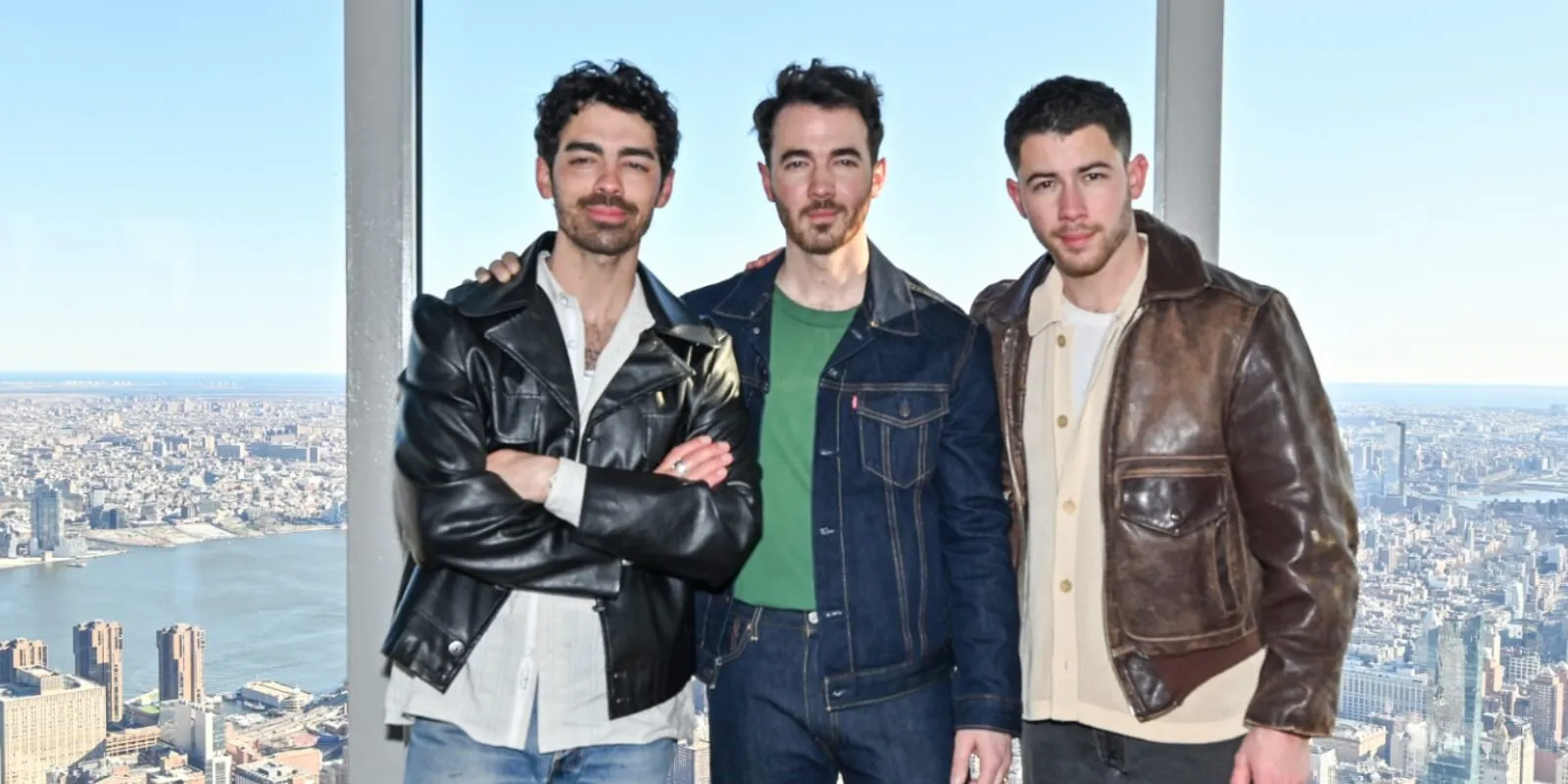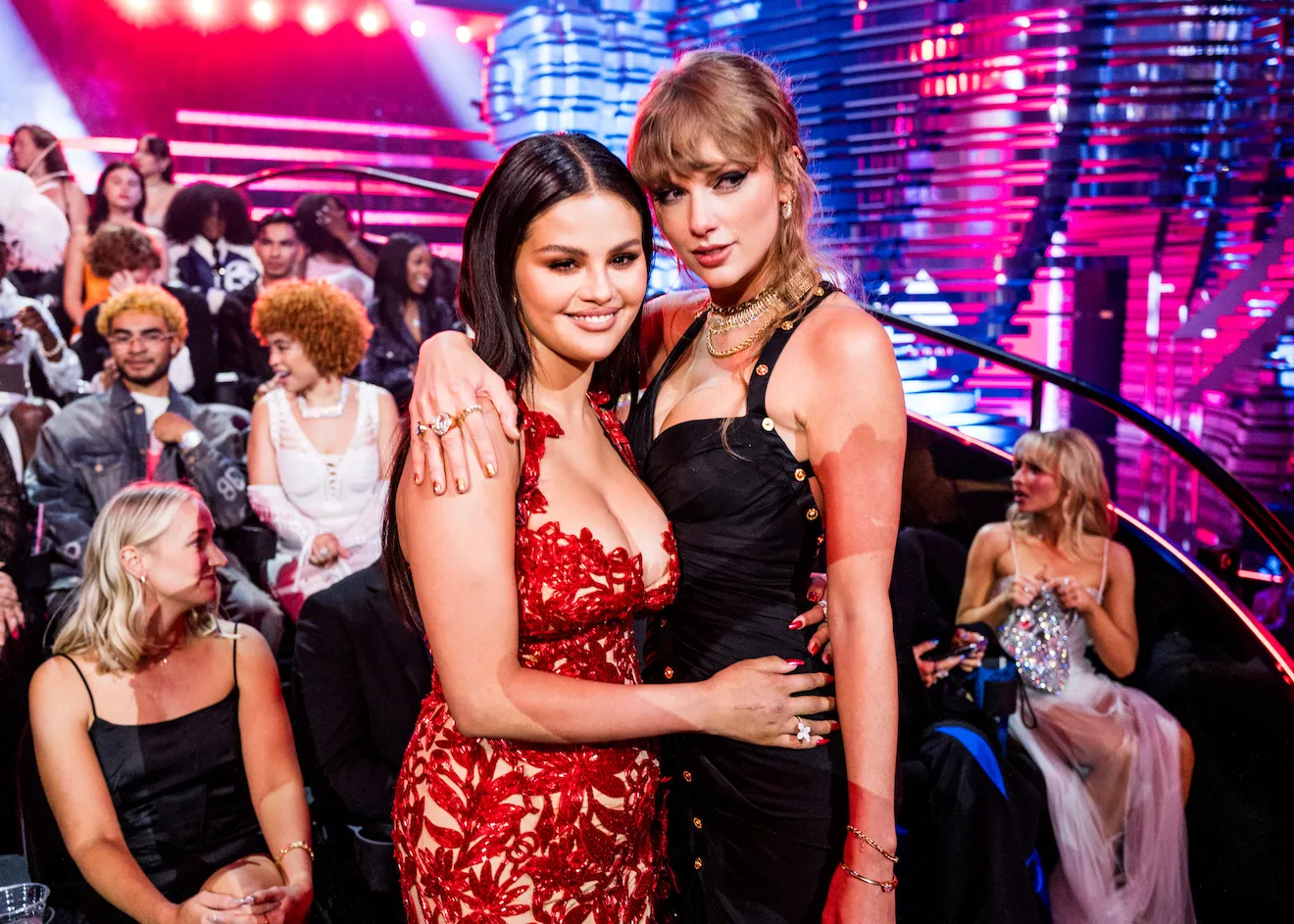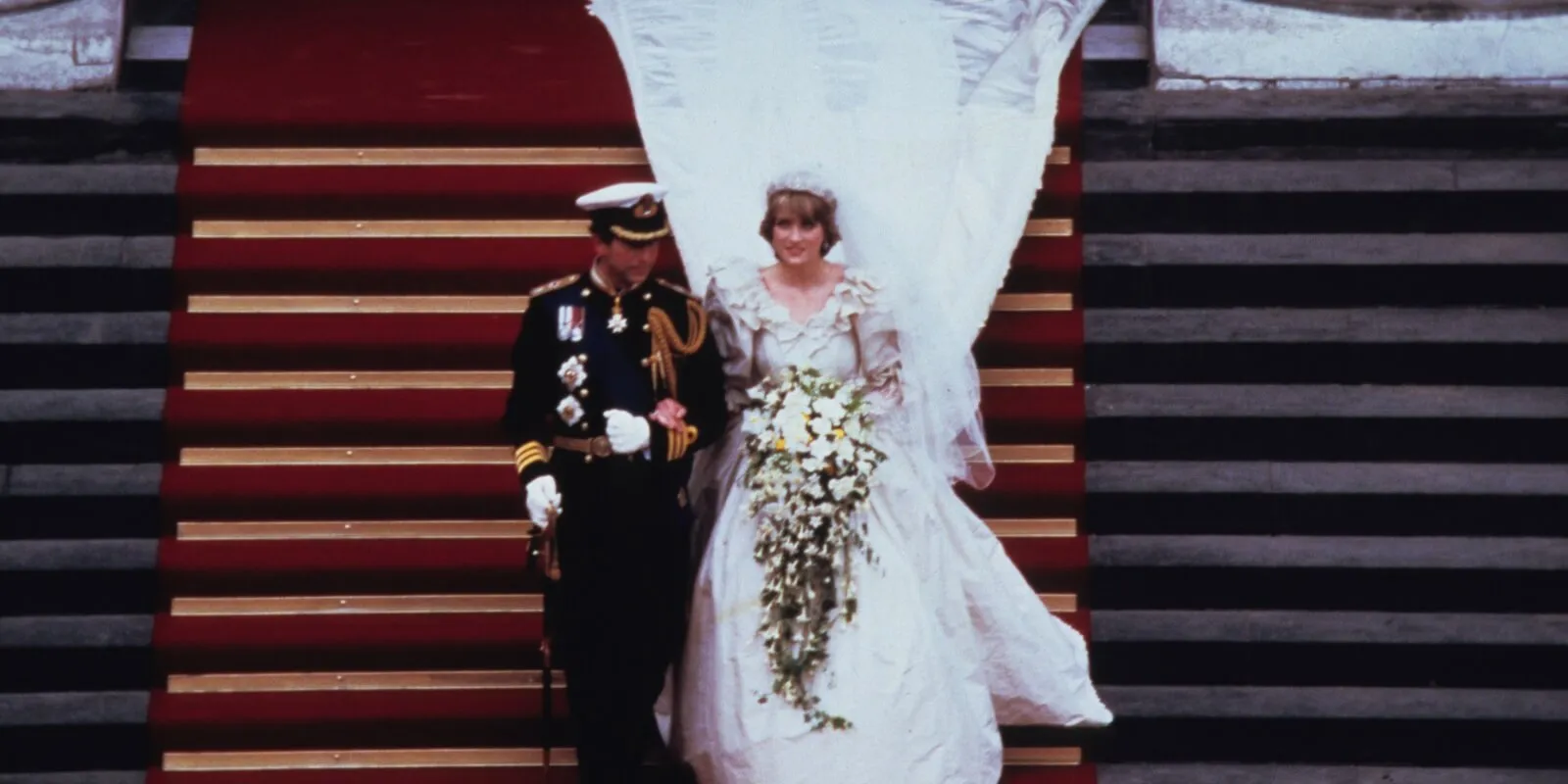Vince Gilligan Said His Idea for ‘Breaking Bad’ Started As a ‘Meaningless Joke’ During a ‘Mid-life Crisis’
Breaking Bad is considered one of the best television shows that ever was partly because it was such an original concept. Yes, there were other TV dramas about suburban drug dealers. But nothing captured the same emotions that Breaking Bad did.
Plus, showrunner Vince Gilligan insisted that he never would have pitched Breaking Bad if he had known about the show Weeds. His inspiration for Walter White’s tale of transforming from a mild-mannered high school chemistry teacher into a ruthless drug lord came out of a daydream Gilligan had when he was broke and on the verge of a mid-life crisis.

‘Breaking Bad’ was Vince Gilligan’s daydream that stuck around
Gilligan graduated from NYU’s Tisch School for the Arts and went on to become a writer for The X-Files, one of his favorite shows. But he hadn’t achieved the level of success he wanted and knew he could do more.
As the 53-year-old director explained to Vanity Fair, “[A friend and I] were just joking around on the phone about what we should do next: Should we be greeters at Wal-Mart? Should we put a meth lab in the back of an R.V. and cook meth and drive around the southwest? And that image…I don’t know, it just stuck with me.”
He was on the brink of a mid-life crisis, just like Walter White
Gilligan recalls that he was only about a year from 40 at the time and believes sticking with the wild idea was a sort of mid-life crisis. However, this potentially negative life event helped his creative process. “I guess that’s why I felt like a kindred spirit with Walter White, because he’s a man who’s having the world’s worst mid-life crisis, at least in my mind,” Gilligan said.
After Walt’s terminal cancer diagnosis, it turns out he’s having an “end-of-life” crisis. But either way, Gilligan had personal insight into his motivations, which helped add a huge dose of realism to the show.
Gilligan intentionally made Walt become unlikeable
The genius of Breaking Bad is that it blurred the line between good and evil, making people question who was the villain and who wasn’t — and transforming the protagonist, Walter White, into the antagonist, Heisenberg. Gilligan once famously said that his goal was to create “a story about a man who transforms himself from Mr. Chips into Scarface.”
“Walt [grasped] at straws to continue rationalizing his behavior. He’s a smart man and he can argue with the best of them and even convince himself of the rightness of his course,” Gilligan told Vanity Fair. “But at the end of the day, you have to ask yourself, Is this all bullsh*t? Is he doing it for his family or is he doing it because it makes him feel good, feel like a man.”
Eventually, Walt does admit to Skyler that his motivations weren’t for helping his family anymore — it was because he liked doing it. The hero of the story officially became the villain, and ultimately, that was how he died.
Breaking Bad is a heartbreaking, beautiful, intricate story of how the quest for power can corrupt a person completely. And it’s all thanks to a random daydream Vince Gilligan once had.


